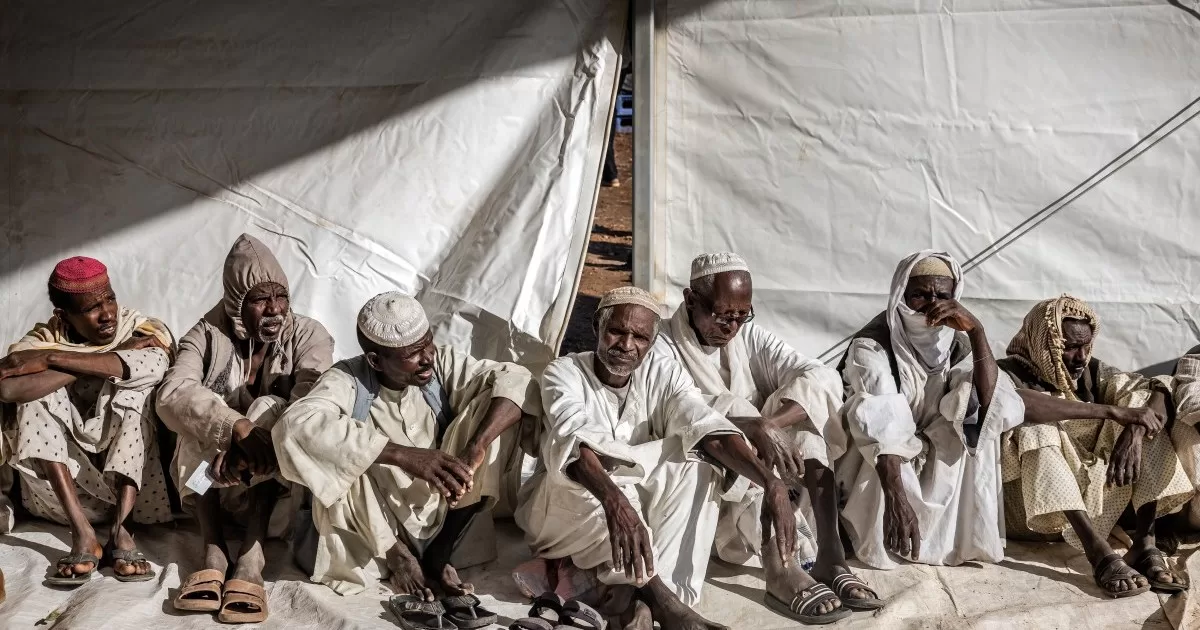The UN says a ‘humanitarian travesty’ is playing out in Sudan amid international inattention and inaction.
Fighting between the army, headed by General Abdel Fattah al-Burhan, and the paramilitary Rapid Support Forces (RSF), led by Mohamed Hamdan Dagalo, since last April has killed tens of thousands of people, as the threat of famine looms amid international inaction.
“By all measures – the sheer scale of humanitarian needs, the numbers of people displaced and facing hunger – Sudan is one of the worst humanitarian disasters in recent memory,” Edem Wosornu, director of operations at the UN Office for the Coordination for Humanitarian Affairs (OCHA), said on Wednesday.
“A humanitarian travesty is playing out in Sudan under a veil of international inattention and inaction,” Wosornu told the UN Security Council on behalf of OCHA head Martin Griffiths.
“Simply put, we are failing the people of Sudan,” she added, describing the population’s “desperation.”
According to the UN, the conflict has led to more than eight million people being displaced.
In early March, the Security Council called for an immediate ceasefire during Ramadan and urged better access to humanitarian aid. However, the ceasefire was not realised due to disagreements between the warring sides.
More than 18 million Sudanese are facing acute food insecurity – 10 million more than at this time last year – while 730,000 Sudanese children are believed to be suffering from severe malnutrition.
Griffiths warned the Security Council last week that “almost five million people could slip into catastrophic food insecurity in some parts of the country in the coming months”.
The deputy executive director of the UN World Food Programme (WFP), Carl Skau, also said on Wednesday, “If we are going to prevent Sudan from becoming the world’s largest hunger crisis, coordinated efforts and joined-up diplomacy is urgent and critical.”
He cautioned there is a “high risk” that the country could see famine levels of hunger in May when the agricultural season begins.
No respite for the displaced
Among the displaced are refugees who have fled to neighbouring countries such as South Sudan, where tent camps have been set up to help those fleeing.
“The living conditions here are very difficult,” Nyakuoth Gadluak, a long-term resident of a transit camp in the South Sudan city of Renk, told Al Jazeera. “I’m the one supporting all the children. I work selling tea to earn money for their survival, but it’s really difficult for me to support them.”
Gadluak lost her husband during the war and gave birth in Renk to a boy, who now faces severe malnutrition due to a lack of food.
“Most of the people arriving here are hungry,” said Al Jazeera’s Malcolm Webb, reporting from the border camp in Renk. “They come from parts of Sudan that have been cut off from food, and other essential supplies because of the fighting.”
At the camp, the WFP is registering the new arrivals, taking fingerprints and entering everybody in a database of displaced people, said Webb.
“The UN says it’s short of funds to be able to deal with this crisis,” he said.
